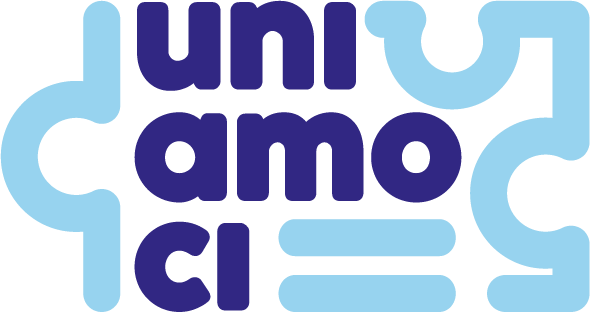 The course contains guidelines for trainers who intend to organize and deliver easy to understand training courses for people with low literacy skills (people with learning disability, elderly, migrants etc.) on the topic of ICT.
The course contains guidelines for trainers who intend to organize and deliver easy to understand training courses for people with low literacy skills (people with learning disability, elderly, migrants etc.) on the topic of ICT.
The e-learning course is based on the use of the easy to read and to understand user manual about the basics of ICT “Basics of the use of computer and ICT” (the manual is freely downloadable from the annexes to Module 1).
The participants to the course will learn how to deliver high quality accessible workshops on a wide range of ICT topics, including both introductory workshops (i.e., how to turn on and off computers, how to use mouse and keyboard) and more advanced ones (how to edit a video and write a
CV online), using an easy to understand approach.
The course is composed by 4 learning modules, each of them composed by lessons, and a questionnaire to consolidate your learning.
- MODULE I: Introduction and presentation of the e-learning course
- lesson 1 – Presentation of the course
- lesson 2 – Introduction and general aspects of the easy-to-read language
- MODULE II: General methodology and guidelines for using the handbook «Basics of the use of computer and ICT
- lesson 1 – How to plan your training course
- lesson 2 – How to develop your training course
- lesson 3 – How to evaluate your course
- MODULE III: specific guidelines for the development of each module of the handbook
- lesson 1 – General guidelines and worksheet structure
- lesson 2 – Organize the training course by levels of difficulty
- lesson 3 – Organize the training course by themes
- MODULE IV: Self-assessment activities
- lesson 1 – General aspects of the self-assessment activities
- lesson 2 – Easy self-assessment
The e-learning course has been developed within the Erasmus+ project Accessible Information Material – AIM n. 2019-1-IT02-KA204-063185. For more info about the project visit the blog: https://accessibleinformationmaterial.blogspot.com/
Contents authors:
Deimante Bakaityte, Sandra Belchior, Piotr Bendiuk, Cátia Brôco, Julián Antonio Díaz-Toledo Gómez, Eleonora Di Liberto, Anna Krasnowska, Sagrario López Sánchez, Giulia Messina, Zivile Paulauskaite, Malle Oberpal, Roberta Piazza,Sophia Raineri, Simona Rizzari, Wojciech Rogalski, Rosa Sánchez López-Guerrero, Teresa Silva,Beatrice Umbrasaite, Kaja Vaabel.
The European Commission’s support for the production of this publication does not constitute an endorsement of the contents, which reflect the views only of the authors, and the Commission cannot be held responsible for any use which may be made of the information contained therein.


